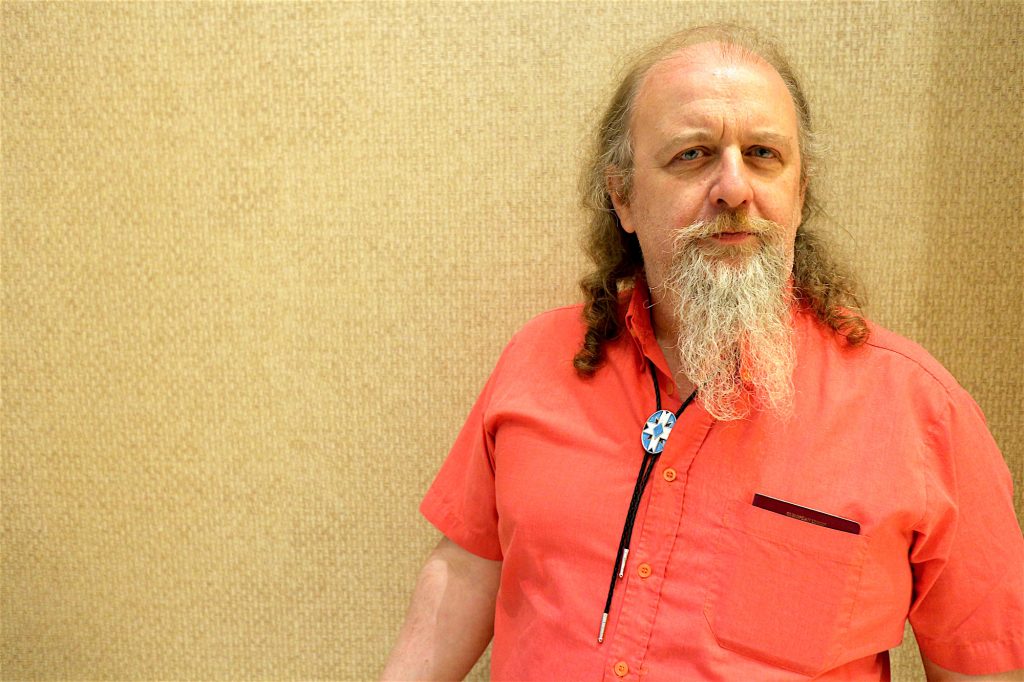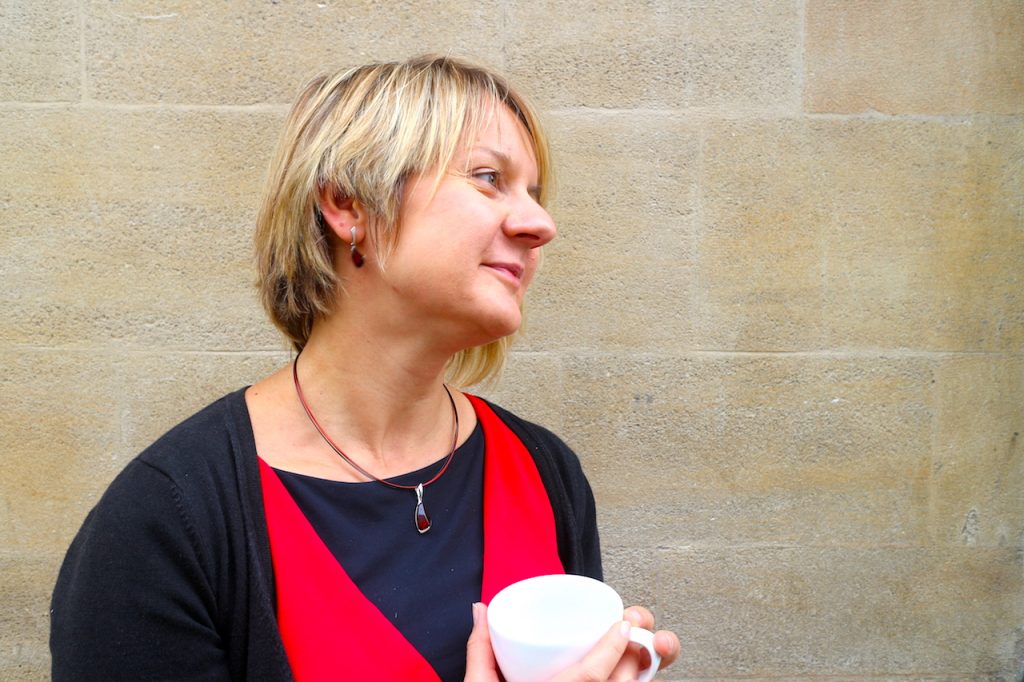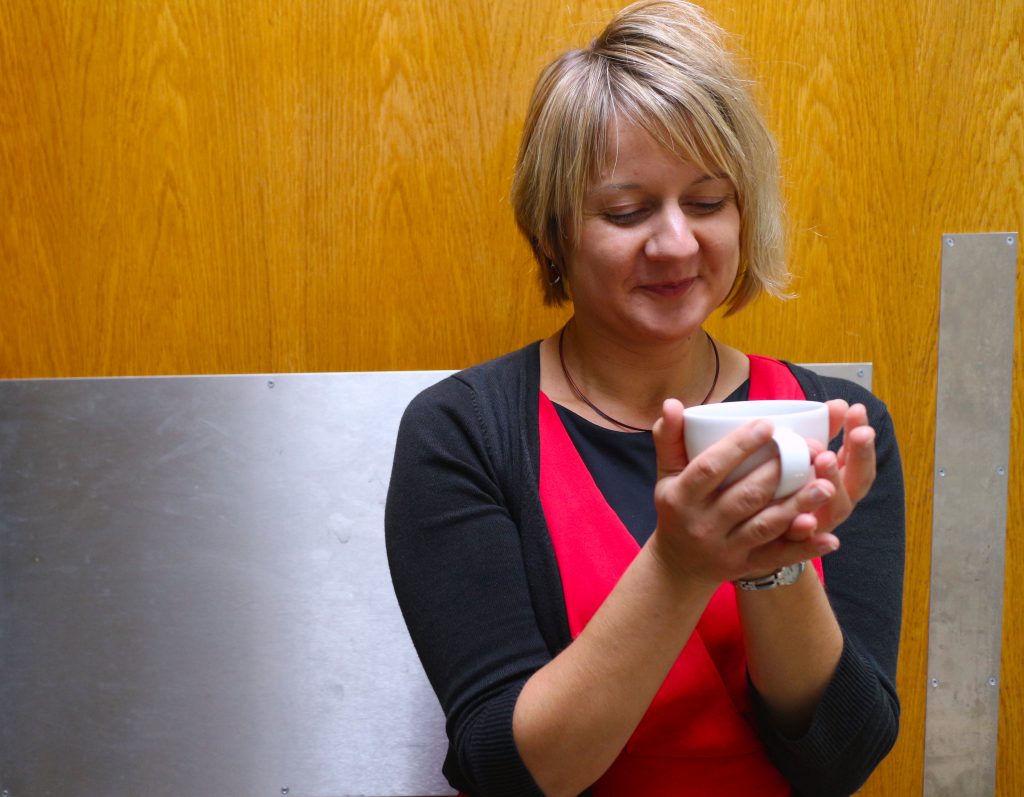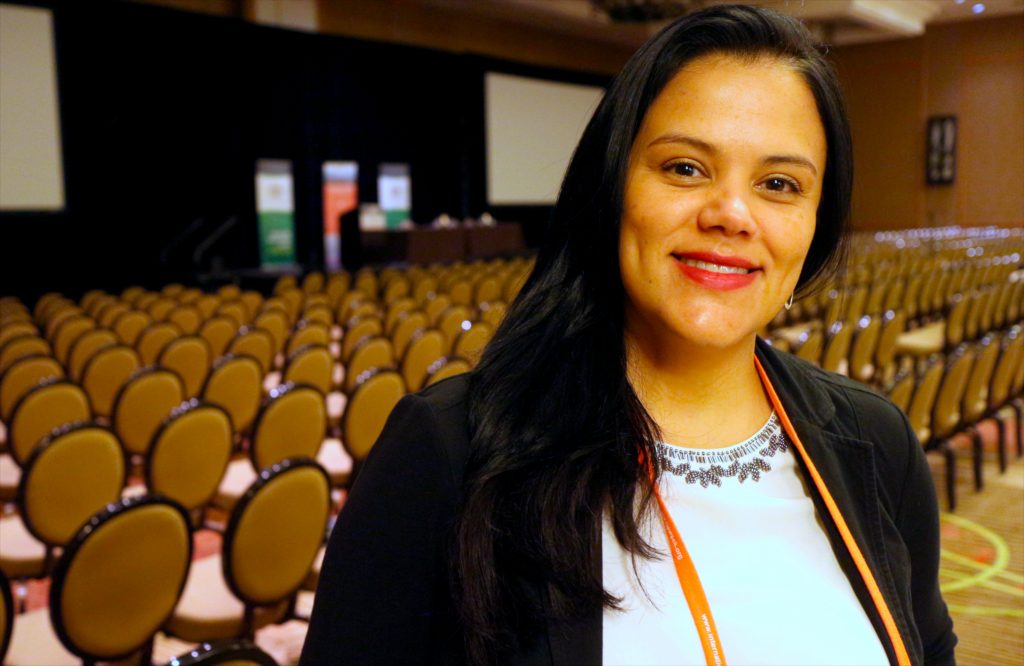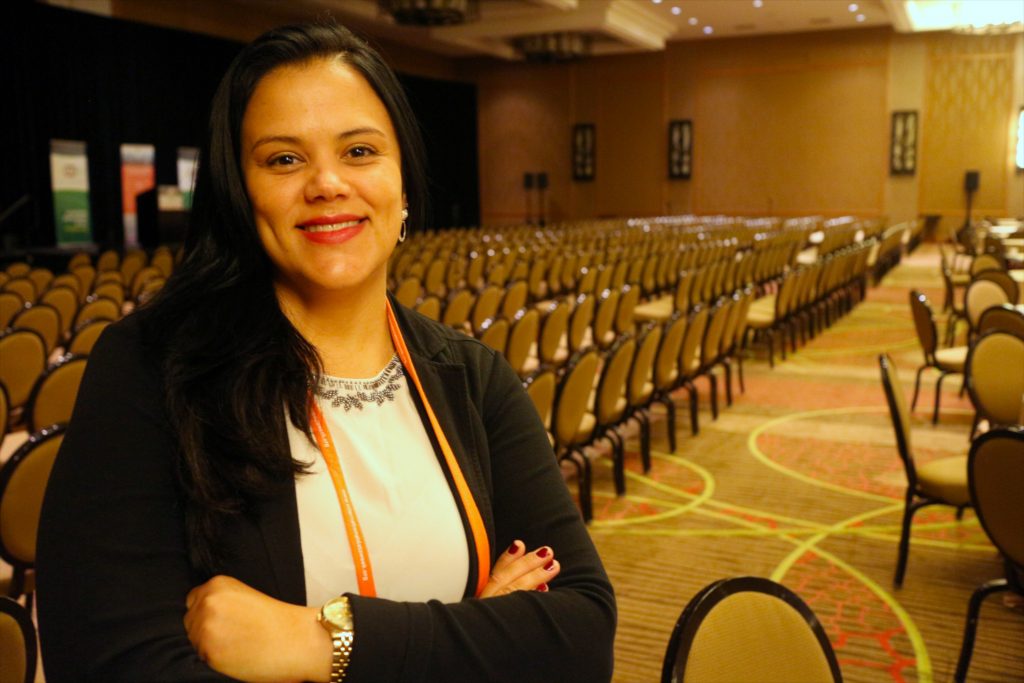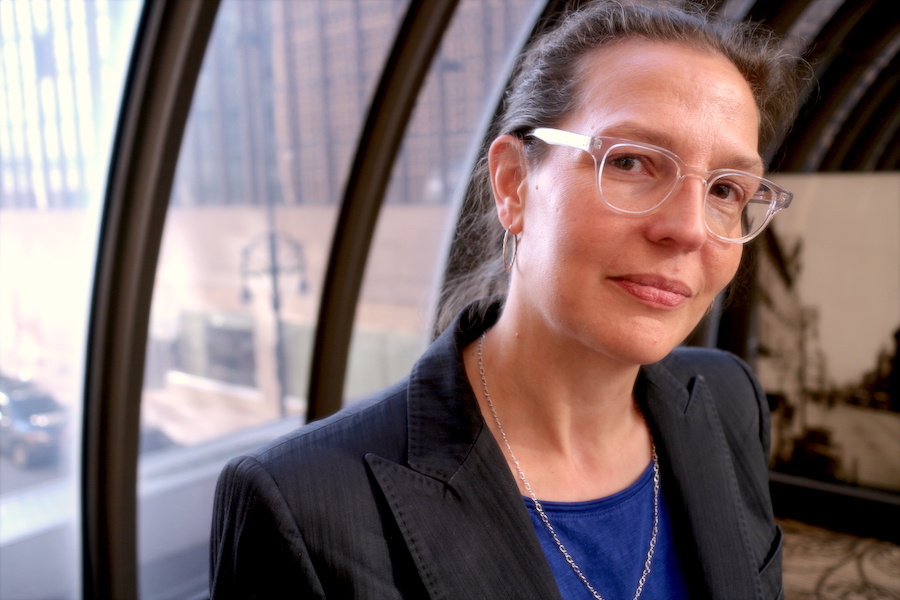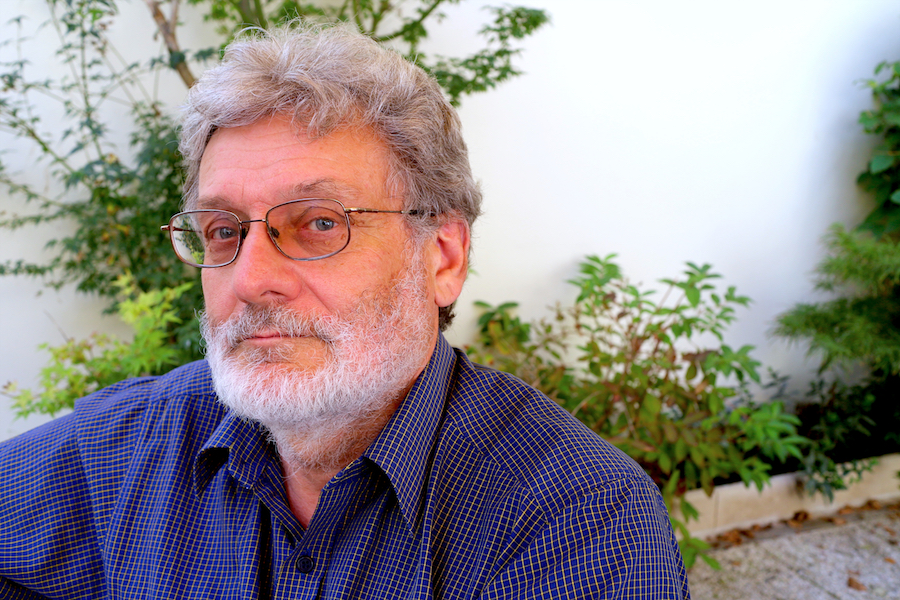This post comes from Professor Joseph Muliaro Wafula, Director of ICT Centre of Excellence and Open Data (iCEOD) of the Jomo Kenyatta University of Agriculture and Technology, chair of CODATA Kenya and a member of the CODATA International Executive Committee. iCEOD is collaborating with IBM Cloud on an open data cloud platform:
“We wanted to maximize the value of our datasets—both to save money and, crucially, to encourage innovation and collaboration in the wider community,” says Professor Wafula.
“If we could take our data outside the confines of academia and allow developers and social entrepreneurs to harness it, we hope that they would start building applications to use this information for the public good.”
 On Saturday 12 November, the ICT Centre of Excellence and Open Data (iCEOD) of the Jomo Kenyatta University of Agriculture and Technology organized a hackathon on Kenyan open research data sets. The hackathon was intended to enable public access and use of research data through creation of mobile and web applications. It targeted research datasets from scientists in agriculture and public health. The hackathon was opened by the Dean School of Computing and Information Technology, Dr. Stephen Kimani who commended students for their readiness to participate in finding solutions to some of the existing challenges.
On Saturday 12 November, the ICT Centre of Excellence and Open Data (iCEOD) of the Jomo Kenyatta University of Agriculture and Technology organized a hackathon on Kenyan open research data sets. The hackathon was intended to enable public access and use of research data through creation of mobile and web applications. It targeted research datasets from scientists in agriculture and public health. The hackathon was opened by the Dean School of Computing and Information Technology, Dr. Stephen Kimani who commended students for their readiness to participate in finding solutions to some of the existing challenges.
- Prof Mary Abukutsa (http://www.jkuat.ac.ke/departments/horticulture/academic/) provided research data set on nutritional value, germination and yields of indigenous African vegetables.
- Prof John Wesonga (http://www.jkuat.ac.ke/departments/horticulture/prof-john-wesonga-m/) provided research data set on best conditions of growing French beans with minimum application of pesticides.
- Prof. Simon Karanja (http://www.jkuat.ac.ke/schools/soph/prof-simon-karanja/) provided research data on the effects of Khat on users in Kenya.
- Dr. Frida Wanzala (http://www.jkuat.ac.ke/departments/horticulture/academic/) provided research data on papaya growing areas in Kenya.
- Dr. Peter Kahenya(http://www.jkuat.ac.ke/departments/foodscience/?page_id=49) provided research data on various conditions that affect cooking time of different types of beans.
- Dr. John Kinyuru (http://www.jkuat.ac.ke/departments/foodscience/?page_id=49) provided research data on nutritional formulas of various local Kenyan foods.
- Mr. Francis Ombwara (http://www.jkuat.ac.ke/departments/horticulture/non-academic/) provided research data on identification of sweetness of papaya by color. All the developers were invited to explain the objective of their research.
 The iCEOD team curated the data sets and organized it in formats that were easily consumable by software developers. The team also created Application Programming Interfaces (API’s) and SQL queries which were uploaded to a database in a local computer environment, allowing developers to delve into development of applications without having to worry about the raw datasets.
The iCEOD team curated the data sets and organized it in formats that were easily consumable by software developers. The team also created Application Programming Interfaces (API’s) and SQL queries which were uploaded to a database in a local computer environment, allowing developers to delve into development of applications without having to worry about the raw datasets.
 The objectives of the Hackathon
The objectives of the Hackathon
- To build innovative mobile and web applications that made access and consumption of research data easy for the benefit of the society.
- To encourage scientists to open their research data for public consumption and use.
- To showcase open data capability in providing innovative solutions to societal challenges
- To engage partners support on the open research data initiative.
Hackathon Partners.
- Jomo Kenyatta University of Agriculture and Technology (http://www.jkuat.ac.ke/)
- IBM East Africa (http://www.ibm.com/connect/ibm/ke/en/branch/ibm.html )
- CODATA (http://www.codata.org/ )
- AFRICA ai JAPAN Project (http://jkuat.ac.ke/projects/africa-ai-japan/?page_id=469)
- Kenya Open Data Initiative (https://opendata.go.ke/ )
List of Judges
- Dr. Agnes Mindila-JKUAT
- Mr. Philip Oyier-JKUAT
- Mr. Silas Macharia –IBM Kenya
- Mr. Phebian –ICT Authority
The three winning applications
 Position 1: Team ACELORDS comprised of Alex Maina, Emmah Kimari and Peter Kamore – Used Nutritional dataset
Position 1: Team ACELORDS comprised of Alex Maina, Emmah Kimari and Peter Kamore – Used Nutritional dataset
- This group developed a web and mobile application that would help know the nutritional value of the different common types of foods in Kenya.
- A healthy diet ensures boosted immunity against most diseases, thus such a system becomes beneficial.
- The user has the option of selecting any combination of foods offered and have the application calculate the resultant nutritional values of the selected food combination.
- As an addition to the system functions, it has the ability to save choices made by a registered or logged in user. With this information, critical data such as weekly trends or monthly trends can be generated, thereby allowing further processing and interpretation of results.
- A user can be alerted when the system senses potential health risks, such as higher or lower levels beyond thresholds of certain nutrients. With such information, the user can change his/her diet to a trend that would be beneficial to one’s health.
- This application can be used by mothers to monitor their baby’s health trends and focus towards nurturing healthy children which is one of the major concerns in Africa.
Position 2: Nahayo B. Patrick and Pius Dan Nyongesa – Used Khat dataset
- This group created an informational application.
• This dataset was large with the different effects of Khat in Kenya such as the effects of Khat on local citizens, population that is taking khat, financial expenditure on the users of khat, the age of those involved in taking the khat, where khat grows among other issues.
• This group created a real-time data analysis tool that takes this data and plots charts and graphs making easy to visualize and gain insights on the data.
• Potential users of such applications are health service providers, counselors, security personnel, among others.
Position 3: Team ELITE (used Indigenous African Vegetables data)
- This dataset shows the nutritional value of the different Kenyan indigenous vegetables and also the areas where this vegetables are commonly found. This dataset was used to develop an application that can help any user to determine which vegetables best suit their diets depending on the nutritional content they need most.
- The application shows where you can find different vegetables and also which vegetables they require most depending on their need of nutrition.
- Potential end users include Manufactures, Processors, Nutritionist, Health Providers, Nursing Mothers
All data sets are being prepared for registration so as to be assigned DOI. There APIs will be published on the JKUAT open Data Platform at https://opendata.jkuat.ac.ke/ when ready.
Acknowledgement
Jomo Kenyattta University of Agriculture and Technology, Prof Muliaro Wafula –Director iCEOD, Dr Simon Hudson-CODATA Executive Director, Prof Manabu Tsunoda- AFRICA ai JAPAN Project Chief Adviser, Silas Macharia-IBM Kenya, Dr Agnes Mindila –Lecturer Computing Department & iCEOD Collaborator, Noriaki Tanaka — AFRICA ai JAPAN Project Coordinator, Pascal Ouma –Deputy Director ICT, Francis Musyoki – iCEOD attached & MSc Student Software Engineering at JKUAT, Tom Nyongesa- iCEOD attached & Computer Science Final Year students JKUAT, Gyle Odhiambo- iCEOD attached & Computer Science Final Year students JKUA, and Alice Ebela –iCEOD Administrative Assistant .
List of Participants
| 1 |
Mwangi Shadrack |
2 |
Nixon Thuo |
3 |
Dominic Kithinji |
| 4 |
Wycliff Obuya |
5 |
Sydney Mainga |
6 |
Enock Chesire |
| 7 |
Alex Maina |
8 |
Winnie Karanja |
9 |
Collins Njoroge |
| 10 |
Charles Wachira |
11 |
John Makau |
12 |
Winnie Karanja |
| 13 |
Collins Njoroge |
14 |
Charles Wachira |
15 |
Kyalo Ian |
| 16 |
Okumu Ian |
17 |
Joseph Njenga |
18 |
Irene Kimani |
| 19 |
Simon Mulwa |
20 |
Ancentus Makau |
21 |
Emmah Kimari |
| 22 |
Peter Kamoro |
23 |
Polycap Okeyo |
24 |
Khwolo Kabara |
| 25 |
Chris Mureithi |
26 |
Stephen Mwangi |
27 |
Jimmy Koskei |
| 28 |
Bashir Shelkh |
29 |
Gaylord Odhiambo |
30 |
Charles Waitiki |
| 31 |
Mary Waweru |
32 |
Rose Kinuthia |
33 |
Vicky Gatobu |
| 34 |
Jeremiah Kuria |
35 |
Mercy Maina |
36 |
Njoroge Daniel |
| 37 |
Muthiani Jayson |
38 |
Sammy Mugambi |
39 |
Peter Kariuki |
| 40 |
Alan Mwathe |
41 |
Gitau Isaac |
42 |
Daniel Biwott |
| 43 |
Ngumo Nthenge |
43 |
Gitau Moses |
44 |
Njoroge Edward |
| 45 |
Ambrose Mbae |
46 |
Stephen Oduor |
47 |
Elvis Shida |
| 48 |
Mwembe Emmanuel |
49 |
Waithaka Kennedy |
50 |
Tabitha Akinyi |
| 51 |
Brian Kimathi |
52 |
Lusenaka Alvin |
53 |
Kamau Karogo |
| 54 |
Nechewnje Ian |
55 |
Daniel Ondigo |
56 |
Nyongesa K Tom |
| 57 |
Kevin Ruo |
58 |
Christopher Mulwa |
59 |
Ngacha Duncan |
| 60 |
Mark Ngatia |
61 |
Sarah Waiganjo |
62 |
Eugene Ogongo |
| 63 |
Jacob Kenneth |
65 |
Pius Nyongesa |
|
|






